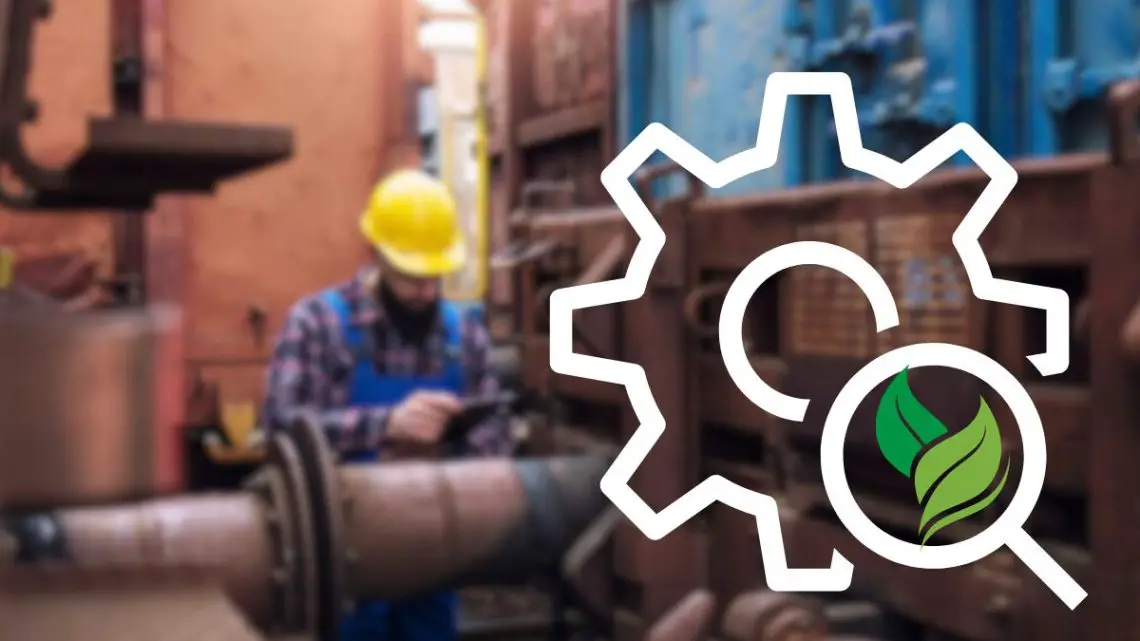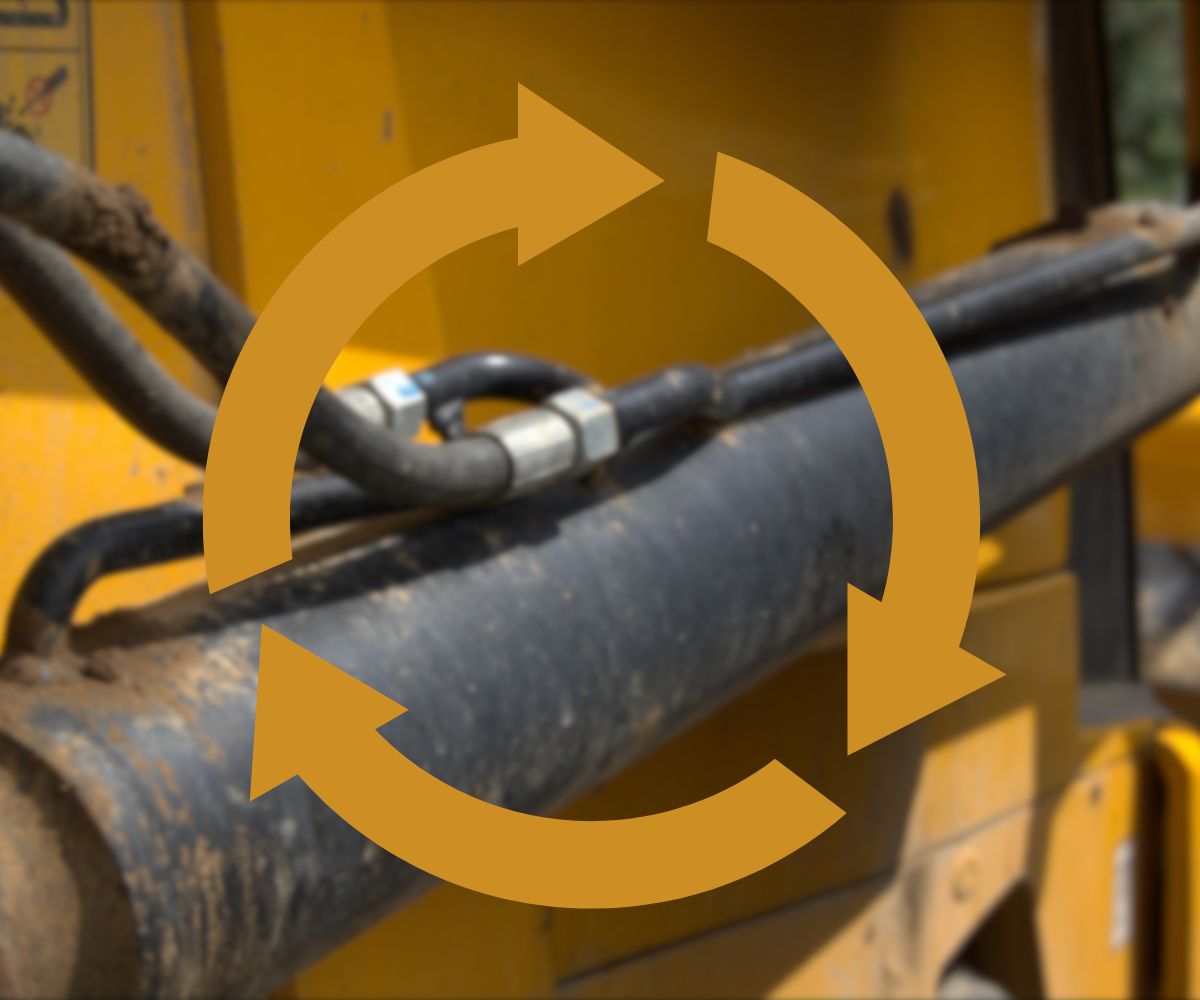
How Specialized Hydraulic Systems Contribute to Environmental Sustainability
March 26, 2024The spotlight on environmental sustainability has intensified in recent years, pushing industries to seek more eco-friendly solutions. This growing awareness is driven by regulatory pressures and a societal shift towards valuing green practices.
Hydraulic systems are no exception. Innovations within this field focus on diminishing environmental impact while either maintaining or improving performance across numerous industrial domains, such as construction, mining, and marine industries.
Let’s discuss how hydraulic systems actively participate in this green revolution here.
Improve Energy Efficiency
Historically, hydraulic systems have been energy-intensive, contributing significantly to industrial activities’ operational costs and environmental footprint. The evolution of hydraulic technology is changing this narrative, with new designs prioritizing energy efficiency without compromising power or reliability.
Advanced systems now incorporate variable speed drives, intelligent controls, and more efficient pumps and motors, reducing energy consumption and emissions. This shift supports environmental goals and offers economic benefits, as lower energy usage translates to reduced operational costs.
Take I&M Solutions, for example. The company employs cutting-edge energy-efficient technologies in its hydraulic equipment to demonstrate how sustainability can be embedded into the fabric of industrial operations. This showcases the potential to achieve significant environmental improvements without sacrificing performance. 
Transitioning to Environmentally Friendly Fluids
While effective, traditional hydraulic fluids can pose serious environmental risks in the event of leaks or spills, contaminating soil and waterways. Biodegradable hydraulic fluids, developed in response to this challenge, offer a solution that minimizes environmental harm without compromising system performance.
These eco-friendly fluids degrade more quickly and safely when exposed to natural environments, reducing the potential for pollution and facilitating easier cleanup. This characteristic is especially important in accidental spills, where traditional fluids might persist in the environment, harming wildlife and ecosystems.
Furthermore, the simpler cleanup process of these eco-friendly fluids is a substantial advantage. Traditional spill response efforts can be resource-intensive, requiring significant manpower, specialized equipment, and chemical dispersants that may carry their environmental risks.
In contrast, the cleanup of biodegradable fluids often requires fewer resources and less invasive techniques. The reduced labor and equipment need not only lower the cost and complexity of remediation efforts but also diminish the likelihood of secondary environmental impacts, ensuring a more effective and sustainable response to environmental incidents.
This transition reflects a broader industry-wide commitment to reducing hydraulic systems’ ecological footprint. Adopting these greener fluids enables industries to protect the environment and align their operations with increasingly stringent environmental regulations and public expectations for sustainability.
Promoting Durability and Reduced Maintenance
Designing systems that last longer and require less frequent repairs reduces the environmental impact of producing and disposing of hydraulic components. This approach extends the equipment lifecycle, decreases waste, and conserves resources, aligning with sustainable practices and principles.
Furthermore, improved reliability and reduced downtime translate to better efficiency and productivity for industrial operations, demonstrating that environmental and economic benefits can go hand in hand.
Manufacturers invest in research and development to produce more robust hydraulic components and systems. Enhanced materials, innovative designs, and advanced manufacturing techniques contribute to this increased durability. As a result, industries benefit from hydraulic systems that meet their operational needs and contribute to their sustainability goals.
Encouraging Recycling and Reuse
Recycling and reuse refer to recovering and repurposing materials or products at the end of their initial life cycle. Recycling involves collecting and processing materials to create new products, thereby preventing the waste of potentially useful materials, reducing the consumption of fresh raw resources, and decreasing energy usage, air pollution (from incineration), and water pollution (from land-filling).
Reuse, on the other hand, involves finding a new application for an item or component without significantly altering its form or structure, extending its lifespan, and delaying its entry into the waste stream.
Recycling and reusing hydraulic components not only conserves valuable resources but also reduces the demand for new raw materials. This directly contributes to the reduction of the industry’s overall environmental impact.
It also enables the company to extend the life of hydraulic components, decreasing the volume of waste sent to landfills and lowering the carbon footprint associated with producing new parts. This circular economy approach promotes more responsible and sustainable resource management and offers economic benefits by reducing material and disposal costs.
Innovating for Environmental Protection
Hydraulic systems are increasingly being developed for applications that include environmental monitoring and the cleanup of pollutants, such as oil spills. These technologies are designed to operate efficiently and effectively in sensitive environments, providing the tools needed to respond rapidly and mitigate environmental hazards.
Such technological advancements underscore the industry’s commitment to leveraging its expertise for the greater good. It’s not merely reducing its own impact but is also contributing actively to global sustainability efforts.
Final Thoughts
The hydraulic systems industry is currently experiencing a constant and ever-evolving path of progress, fueled by an unyielding commitment to environmental sustainability and efficiency. It is imperative for all stakeholders to stay up-to-date with these changes in order to adapt to new best practices, embrace innovative solutions, and contribute to a more sustainable future.



 HFN News is your leading source for fresh hydrogen and renewable energy updates. Amid the fast-paced growth of hydrogen companies, we provide top-notch news and insights about this exciting sector. Our coverage spans from hydrogen cars to global sustainable initiatives, and we highlight the latest in green jobs and developing hydrogen hubs. We invite you to share your local hydrogen news and explore today’s renewable energy job listings on our site. Thanks for choosing HFN News as your trusted guide to the hydrogen and renewable energy world!
HFN News is your leading source for fresh hydrogen and renewable energy updates. Amid the fast-paced growth of hydrogen companies, we provide top-notch news and insights about this exciting sector. Our coverage spans from hydrogen cars to global sustainable initiatives, and we highlight the latest in green jobs and developing hydrogen hubs. We invite you to share your local hydrogen news and explore today’s renewable energy job listings on our site. Thanks for choosing HFN News as your trusted guide to the hydrogen and renewable energy world!